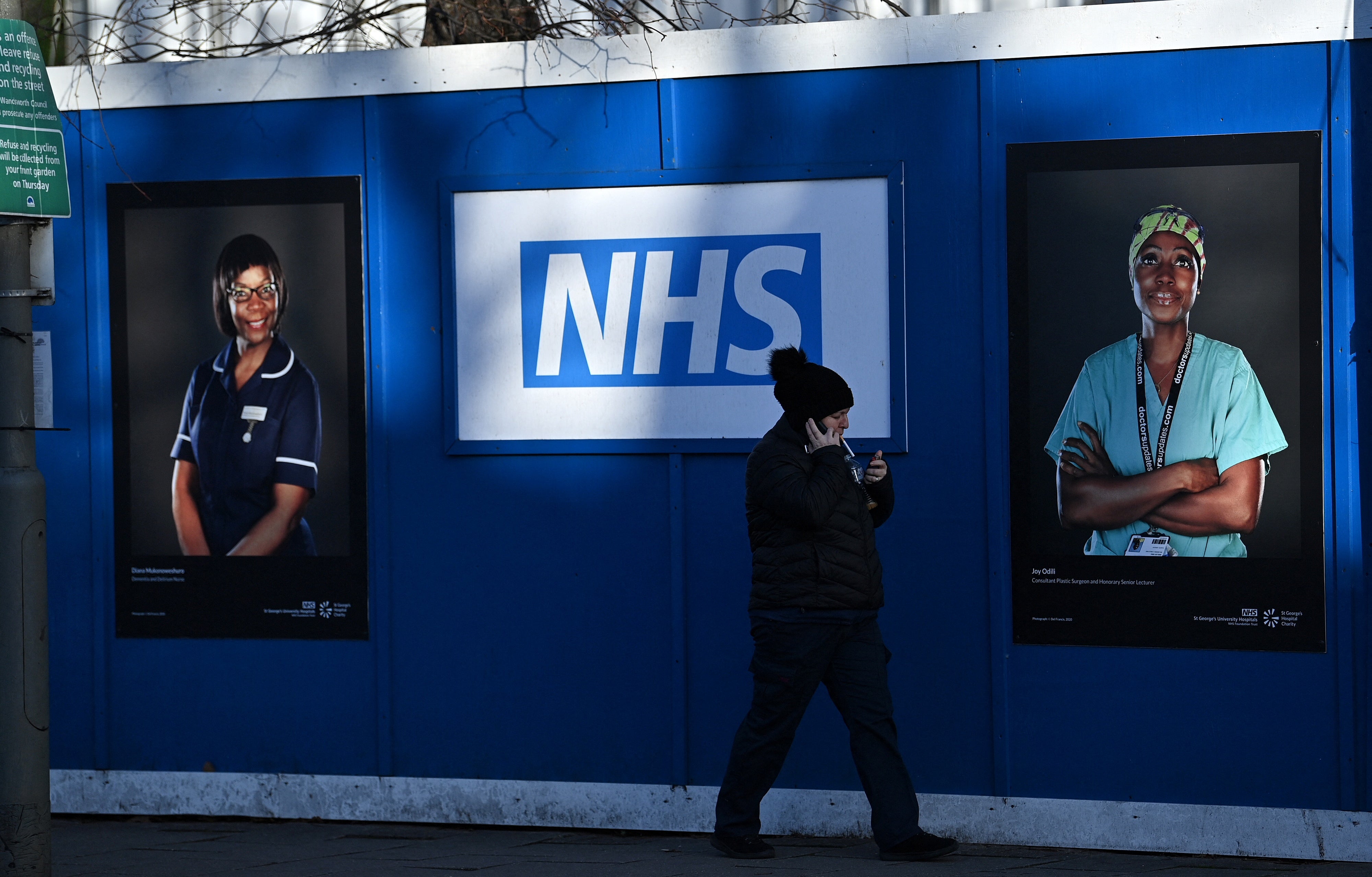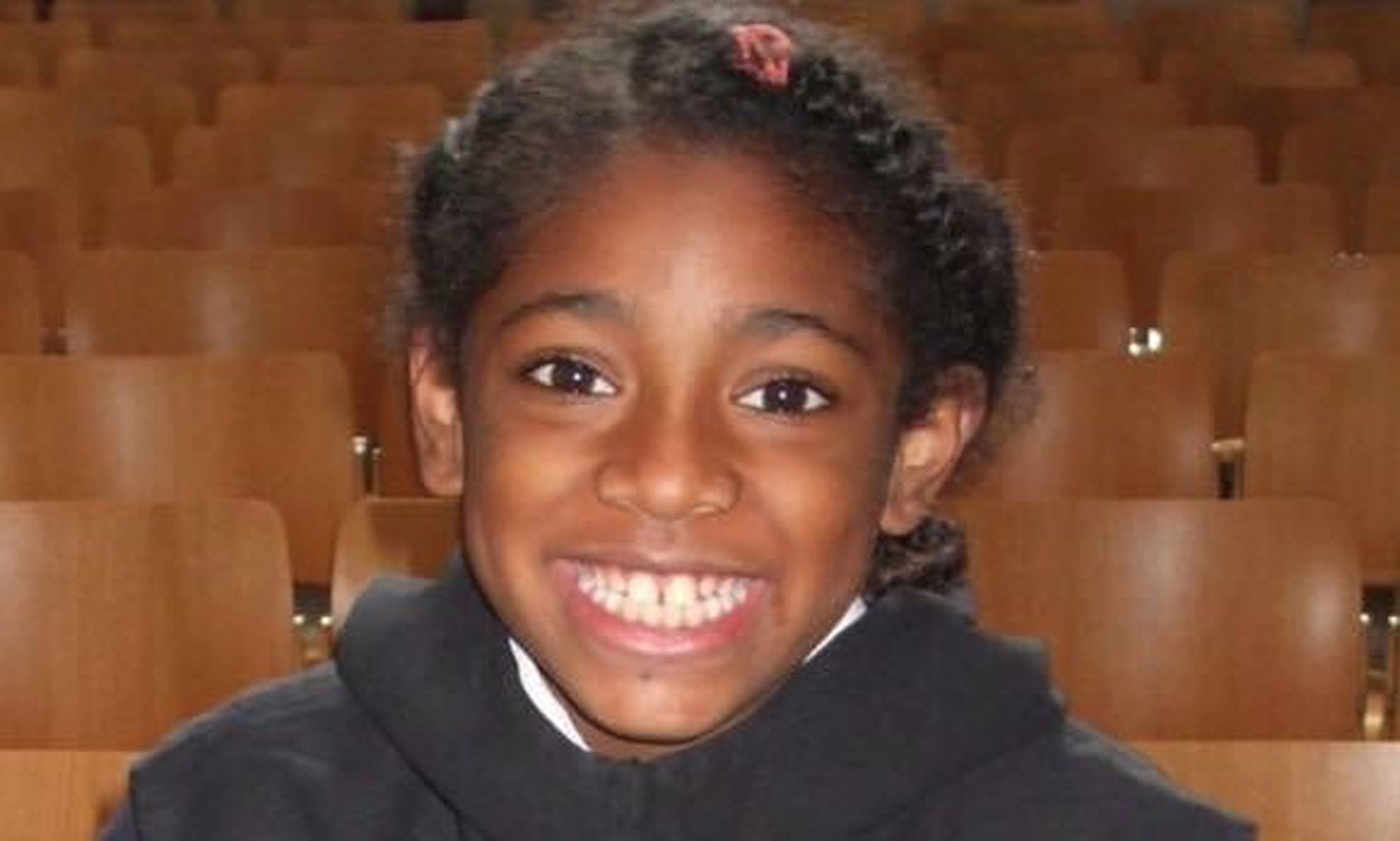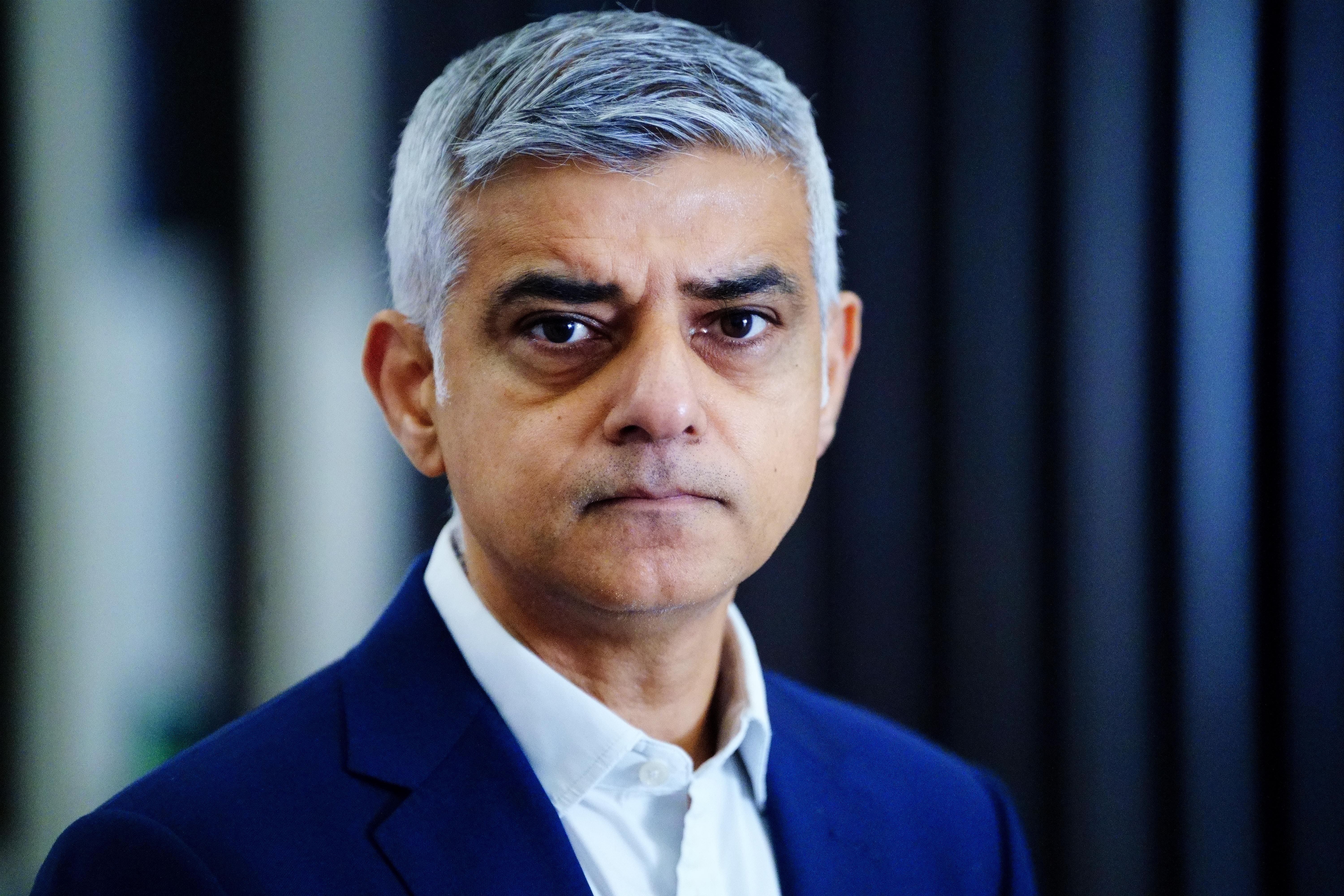Black and Asian children with asthma make up highest number of hospital admissions
Toxic air can lead to children developing asthma and harmful emissions are higher in areas where Black, Asian and minority ethnic Londoners live

Over 3,600 children were admitted to hospital with asthma in London within the past year – a sharp increase of 64 per cent on the previous year as pollution concerns sweep the capital.
Around half of the hospital admissions for asthma occurred in children from Black, Asian and minority ethnic backgrounds between 2021-2022, compared to 28 per cent of white children, the analysis from City Hall revealed.
This is consistent with the alarming trend seen in air pollution exposure in London, where harmful nitrogen dioxide emissions are on average between 16 and 27 per cent higher in areas where Black, Asian and minority ethnic Londoners are most likely to live.
Toxic air caused by traffic can lead to children growing up with stunted lungs and developing health problems, including asthma.
“It’s unacceptable that any children are suffering health problems due to London’s toxic air, but that some children are being vastly worse affected than others is even more of an injustice,” said Mayor of London Sadiq Khan, who has consulted on expanding the city’s Ultra Low Emission Zone, saying this will help to improve air quality.
“I am determined to clean up London’s filthy air, to protect the health of every child in London but also to ensure the future of their city in tackling the effects of climate change,” he said.
Analysis of London’s asthma data, published by the mayor, shows that in June this year alone, the most recent month for which data is available, 229 children and young people in London were admitted to hospital with the condition.
Between 2020-2021, some 2,217 children with asthma were admitted to London hospitals, according to statistics.
Previous City Hall-commissioned work has also shown that the poorest Londoners and those from ethnic minority backgrounds are worst affected by toxic air, but are least likely to own a car.

Understanding of the link between air pollution and asthma continues to improve, including through the work of campaigners such as Rosamund Adoo-Kissi-Debrah. Rosamund’s nine-year-old daughter, Ella, was the first person in the UK to have air pollution recorded as a cause of death.
In the weeks before she died, Ella had several severe asthma attacks requiring hospitalisation, which were subsequently linked to peaks in pollution on the South Circular Road.
Ruth Harris, of campaign group Mums for Lungs, said: “My son is one of the thousands upon thousands of London kids that have asthma. One in ten kids in this city have asthma, that is a shameful number of children whose health is so badly impacted by filthy air with every breath that they take.
“This summer dirty air landed my little boy in hospital again for the 13th time, it’s hard to describe how scary it is to see a child struggling for every breath.
“Making the air safe to breathe has got to be an urgent priority if we are to give children a chance at growing up happily and healthily in London.”
All schools and colleges in outer London are in areas that still exceed revised recommended air quality targets set by the World Health Organization.

Since 2016, Mr Khan has introduced schemes such as School Streets, the installation of Breathe London sensors and the Ultra Low Emission Zone. Further improvements in air pollution could increase the average life expectancy of a child born in London in 2013 by around six months, according to City Hall.
Sarah Woolnough, CEO of Asthma and Lung UK said: “No child should be hospitalised because the air they breathe has left them fighting for breath. This analysis is yet further evidence of the desperate need for local, and national governments to take decisive action on cleaning up our toxic air. It should not be a privilege to breathe cleaner air.
“But the sad reality is that toxic air is a common trigger for potentially life-threatening asthma attacks with more than half of people that we recently surveyed telling us that air pollution makes their symptoms worse.
“We know that air pollution hits the poorest communities’ lungs the hardest, as they are more likely to live on some of our most polluted roads.”
Ms Woolnough is also calling for improvements to walking, cycling and public transport infrastructure in outer London boroughs so people have the confidence to stop using their cars.
Join our commenting forum
Join thought-provoking conversations, follow other Independent readers and see their replies
Comments



Bookmark popover
Removed from bookmarks